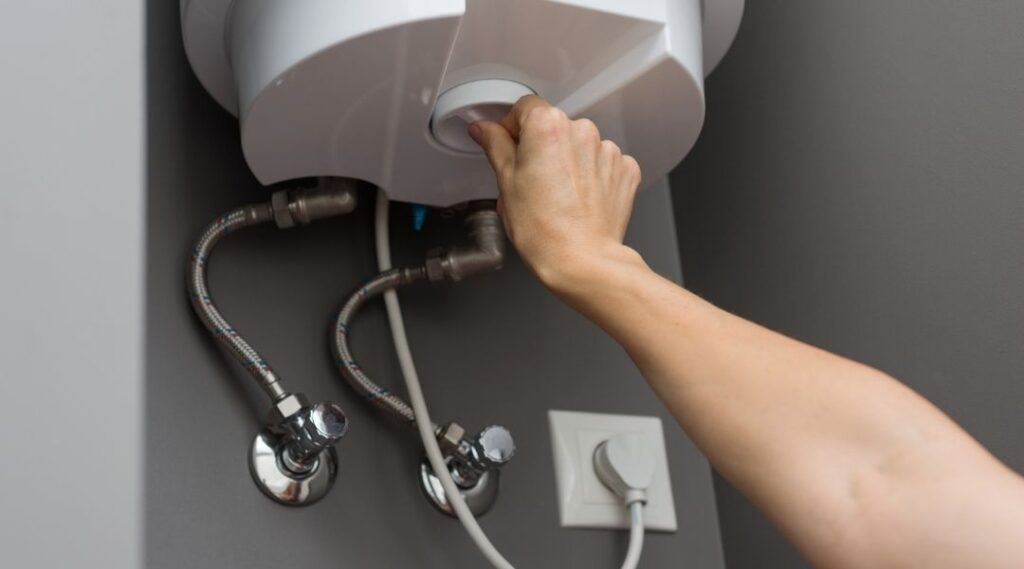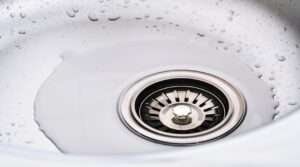When you’re looking to buy a new water heater, the choice between tank and tankless models involves more than just hot water. Considering your home’s energy efficiency is key, as both options present different benefits and drawbacks. You also have to think about where it’ll go; space can influence your final decision since units vary in size.
Plus, factor in longevity. How long will the unit last before needing repair or replacement? Maintenance requirements differ greatly, too, depending on how much time and money you’ll spend on upkeep over the years.
This means no waiting for a storage tank to refill with hot water… it’s ready on demand!
Evaluating the Energy Efficiency of Water Heaters
When you’re choosing between tank and tankless hot water heater installation, consider their energy efficiency carefully. Tank models, familiar with their readiness to supply stored hot water, fall short of efficiency due to constant heating that leads to standby heat loss. In stark contrast stand the modern tankless units.
They dodge this issue entirely by only warming up water as needed. This nifty feature notches up their performance with a hearty 24%–34% boost in energy use thriftiness compared to traditional tanks. Music indeed to environmentally conscious ears!
But remember, despite being pricier upfront than conventional options, they compensate via marked-down utility bills over time. A financially savvy move if your daily usage doesn’t exceed moderate levels.
Space Considerations for Heater Installation
When considering space for tankless water heater installation, keep in mind the cold winter water temperatures and your showerhead’s flow rate. If you live where it hits 40F, a low-flow (1.5 GPM) may allow a smaller 13kW unit to suffice on your existing 100A service, even if hard well water is an issue after treatment.
For spaces like over-the-garage apartments with sporadic use, opt for electric tanks of around 20 gallons paired with a drain-water heat recovery system; this maximizes capacity efficiently. Moreover, practicing energy-saving habits pays off: switch the unit off when not needed. Remembering to do so reduces standby losses entirely!
Implement power indicators or tag breakers as simple reminders of the appliance’s status. Minimizing forgetfulness aids both budget and comfort levels significantly during surprise visits from family members shocked by momentarily chilly waters!
Longevity and Maintenance Factors
As you consider the best water heating solution, reflect on longevity and upkeep. Traditional tanks need to be emptied now and then for sediment removal. A task that can’t fall by the wayside lest efficiency plummet or repairs climb in cost.
Contrastingly, tankless heaters are champions of durability; these robust units have been known to faithfully serve upwards of two decades if maintained well, saving space along with energy dollars since they sidestep constant reheating. Without a storage reservoir attracting mineral build-up or suffering from leaks as traditional models might, your maintenance duties shrink considerably. There’s no sediment flush frenzy here!
Just bear in mind installation demands know-how; hire an expert plumber for this part.
Deciding between tank and tankless water heaters hinges on your home’s hot water needs, space, and budget. Tank models are more cost-effective upfront but take up more room. They also maintain a ready-to-use hot water supply.
On the flip side, tankless options save energy by heating on demand; they’re compact but with higher initial costs. For personalized advice matching one to your household demands, don’t hesitate to reach out to Beecos Plumbing & Heating. Your guide for making an informed choice in home comfort essentials.













